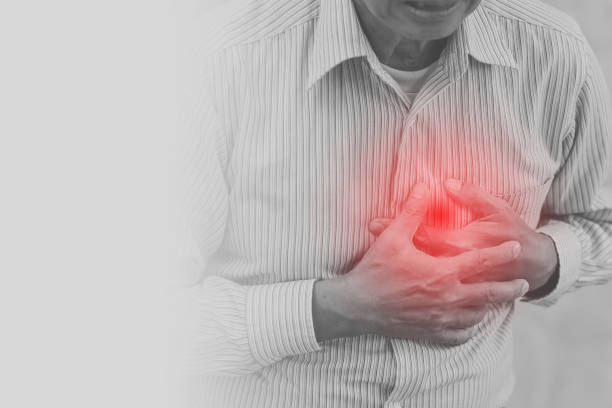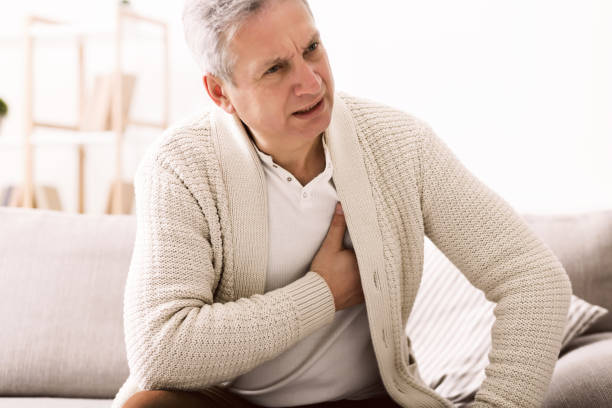Heart palpitations are a common medical condition that affects people of all ages and genders. It is characterized by an abnormal and rapid heartbeat that can be felt in the chest, throat, or neck. The sensation is usually described as a fluttering or thumping, and it can last for just a few seconds or for several minutes. While heart palpitations are often harmless, they can be a sign of an underlying medical condition, so it is important to seek medical attention if you experience them frequently or if they are accompanied by other symptoms.
The symptoms of heart palpitations vary from person to person, but some of the most common symptoms include:
Rapid or fluttering heartbeat
Pounding or thumping sensation in the chest, throat, or neck
Chest pain or discomfort
Shortness of breath or dizziness
Weakness or fatigue
Sweating or anxiety
Fainting or near-fainting episodes
If you experience any of these symptoms, it is important to seek medical attention immediately, especially if you have a history of heart disease or if you have been diagnosed with a heart condition. Your doctor will perform a physical exam and ask you about your symptoms and medical history. They may also perform tests such as an electrocardiogram (ECG), a chest x-ray, or a blood test to determine the underlying cause of your heart palpitations.
The treatment for heart palpitations depends on the underlying cause of the condition. If the cause is an underlying medical condition such as heart disease, high blood pressure, or an arrhythmia, your doctor may prescribe medication to control the symptoms. In some cases, lifestyle changes such as diet, exercise, or stress management may be recommended to reduce the frequency and severity of heart palpitations.
For people with heart palpitations caused by anxiety or stress, therapy or counseling may be recommended. These techniques can help you manage stress and anxiety in a healthy way and reduce the frequency and severity of your heart palpitations. Medications such as beta blockers, calcium channel blockers, or anti-anxiety drugs may also be prescribed to manage symptoms.
In some cases, heart palpitations may be caused by an overactive thyroid gland. In this case, treatment with a medication called antithyroid drugs may be recommended. If your heart palpitations are caused by an arrhythmia, your doctor may recommend a procedure such as ablation, which involves destroying the part of the heart that is causing the arrhythmia. In severe cases, a pacemaker or an implantable cardioverter-defibrillator (ICD) may be recommended to regulate your heart rate and prevent life-threatening arrhythmias.
In conclusion, heart palpitations can be a sign of an underlying medical condition or a result of anxiety or stress. The treatment for heart palpitations varies depending on the underlying cause, but it may include medication, lifestyle changes, therapy or counseling, or a procedure such as ablation or a pacemaker/ICD. If you experience heart palpitations, it is important to seek medical attention to determine the underlying cause and receive the appropriate treatment.

 Home
Home Health
Health Diet & Nutrition
Diet & Nutrition Living Well
Living Well More
More












